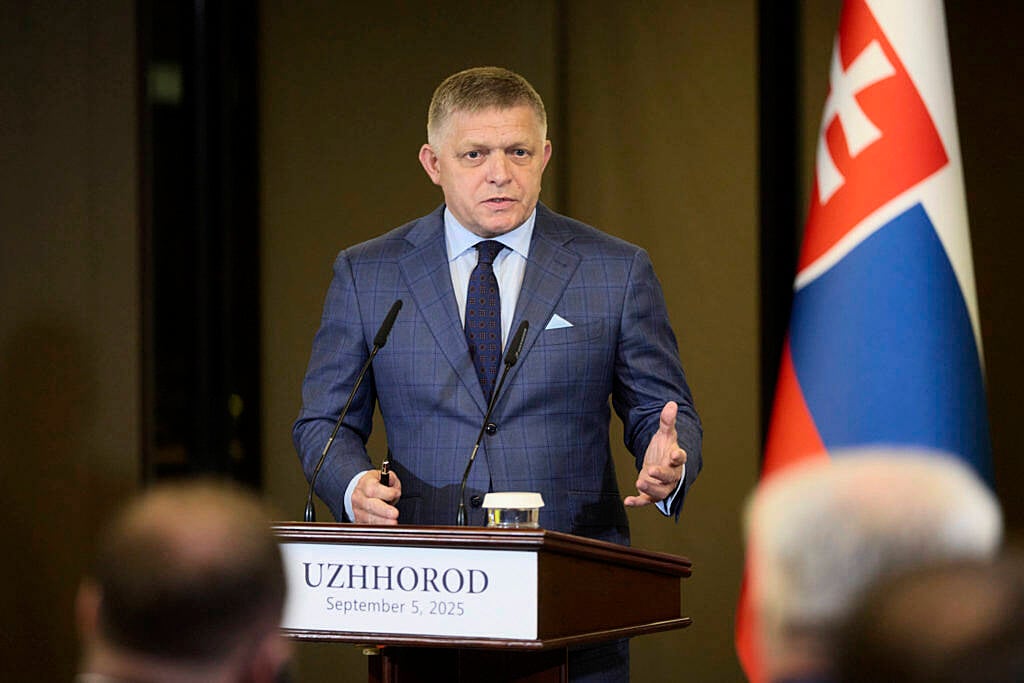Slovakia’s parliament has passed a constitutional amendment recognizing only two sexes, along with other measures that critics say may breach the country’s international obligations and undermine human rights protections.
The amendment, drafted by the government of populist Prime Minister Robert Fico, required a three-fifths majority to pass. It was approved with 90 votes in the 150-seat National Council, with support from twelve conservative opposition politicians who helped the ruling coalition secure the vote.
### Key Changes in the Amendment
The revised constitution now explicitly recognizes only two sexes: male and female. It also states that Slovakia retains sovereignty in matters of national identity—a term not specifically defined—particularly regarding fundamental cultural and ethical questions.
Additionally, the amendment makes it nearly impossible for anyone other than married couples to adopt children. The constitution had already defined marriage as a unique union between a man and a woman.
Parental consent is now required for access to sexual education, and equal pay for men and women is guaranteed.
### Reactions and Criticism
Justice Minister Boris Susko told parliament that the amendment aims to bolster traditional values. However, the move has faced strong condemnation from human rights organizations.
Amnesty International criticized the decision, stating: “Today, the Slovak government chose to follow the lead of countries such as Hungary, whose policies have led to an erosion of human rights.”
Michael O’Flaherty, Council of Europe Commissioner for Human Rights, had previously urged Slovak politicians not to approve the changes. He warned that “seeking to disapply specific rights because they touch upon ‘national identity’ would be fundamentally incompatible with the Slovak Republic’s international obligations.”
O’Flaherty also highlighted that the amendment denies the realities of trans and intersex people and may negatively affect human rights guarantees, including access to legal gender recognition.
### Political Context
Robert Fico has long been a divisive figure in Slovak politics. Critics argue that under his leadership, Slovakia has abandoned its pro-Western trajectory, instead aligning more closely with Hungary under Prime Minister Viktor Orbán.
Thousands of people have repeatedly rallied in Bratislava and across Slovakia to protest Fico’s pro-Russian stance and other controversial policies.
This latest constitutional amendment marks a significant shift in Slovakia’s legal and social landscape, raising concerns about the future protection of minority rights and international commitments.
https://www.breakingnews.ie/world/slovakia-passes-constitutional-amendment-recognising-only-two-sexes-1811542.html

Be First to Comment